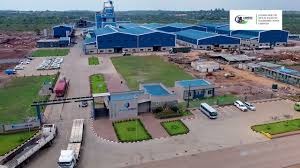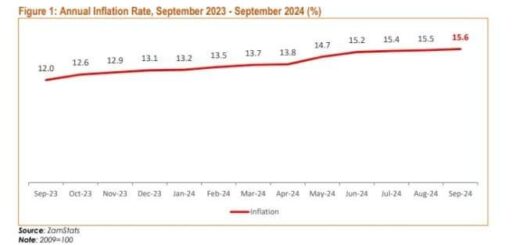Government to Revise SOE Policy to strengthen regulatory framework, reduce fiscal Risks

Secretary to the Treasury says State-Owned Enterprises (SOEs) have represented an annual fiscal cost of approximately US$185.1 million between 2018 and 2022.
In his presentation during the post budget symposium, Felix Nkulukusa said a preliminary evaluation of State-Owned Enterprises’ fiscal risks between 2018 and 2020 estimated annual liabilities amounting to US$ 3 billion, representing 14 percent of Gross Domestic Product (GDP).
Mr. Nkulukusa revealed that the most significant fiscal risks with a potential financial impact are attributed to capital injections for State-Owned Enterprises with a weak financial footing including ZESCO.
He noted that according to the World Bank assessment, State-Owned Enterprises represent considerable fiscal costs and risks while there is a lack of thorough monitoring of their financial records.
Mr. Nkulukusa added that Government will revise the State-Owned Enterprise Policy to strengthen the regulatory framework, reduce fiscal risks and costs by establishing fiscal discipline rules.
“The fragmented supervision bodies for SOEs within the Ministry of Finance and National Planning and Industrial Development Corporation (IDC) restricted the oversight of the SOEs’ financial situation.”
“We have Supervisory and Performance Monitoring Framework for SOEs. The framework provides guidelines on financial reporting, borrowing, capitalization, board appointments, and dividend declaration, among others,” he stated.
Meanwhile, Mr. Nkulukusa reiterated that following the restructuring of external debt, payment in 2025 will only be US$599 million, equivalent to K16.7 billion.
Mr. Nkulukusa said if external debt was not restructured, the 2025 external debt payment would have been over US$8 billion, equivalent to K246.4 billion.
“In the meantime, 2025 Budget is K217.1 billion, meaning the entire budget would have been swallowed and still leave a balance of K29.1 billion,” he noted.








